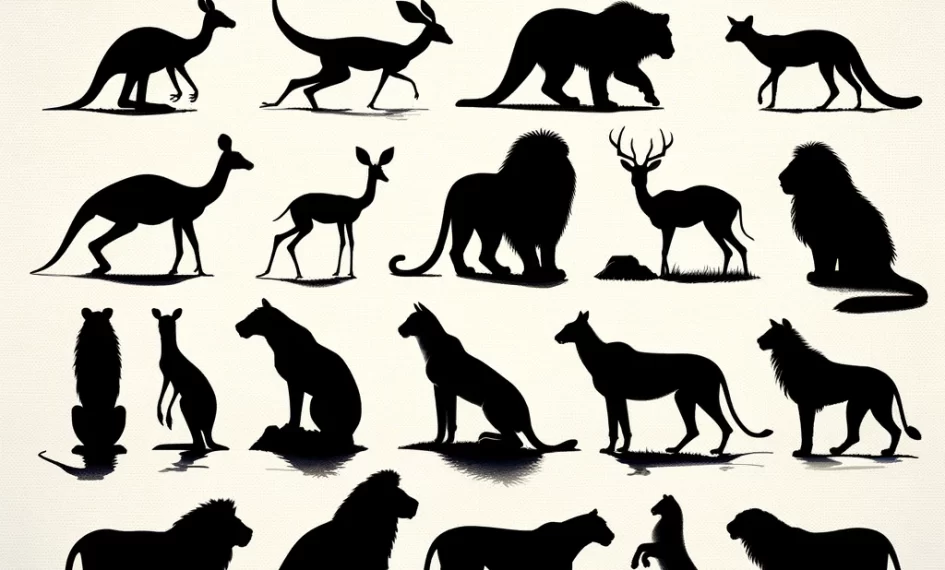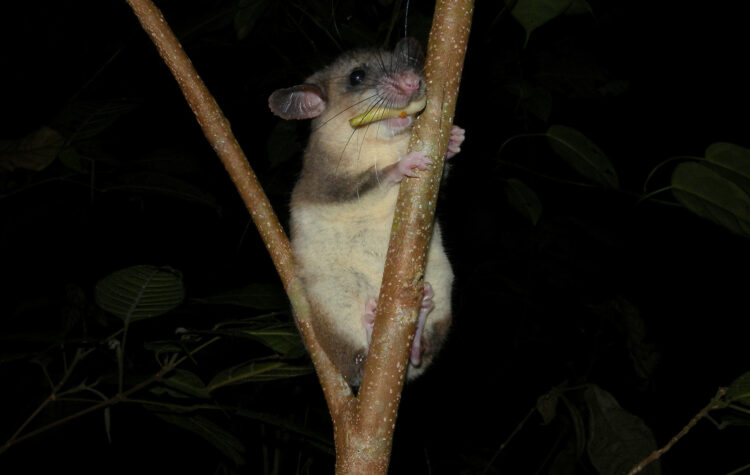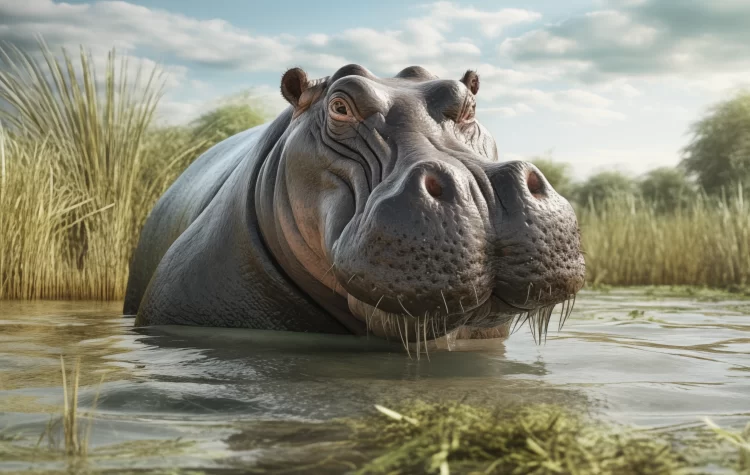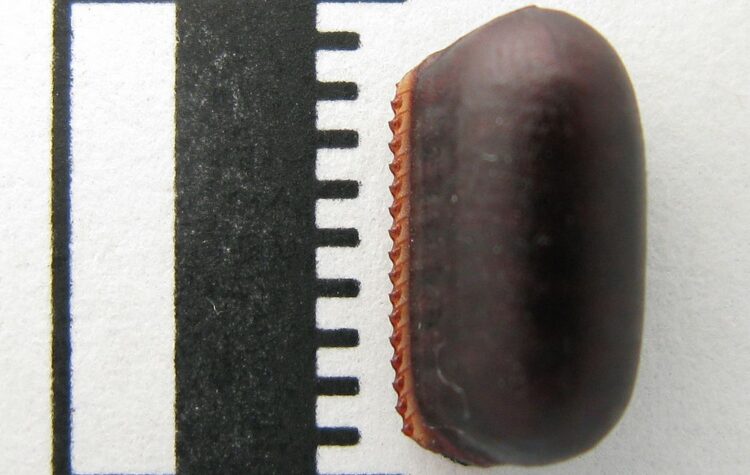Definition: Theria is a subclass in mammalogy, a branch of zoology. It encompasses most mammals, including marsupials (like kangaroos) and placental mammals (like humans, whales, and others), but excluding monotremes (like the platypus and echidna). The defining characteristic of therian mammals is that they give birth to live young (with the exception of some marsupials that lay eggs) and, in the case of placental mammals, have a complex placenta that connects the developing fetus to the mother.
Etymology and Origin: The term ‘Theria’ is derived from the Greek word ‘therion’, meaning ‘beast’ or ‘wild animal’. This scientific classification was established to differentiate higher mammals with advanced reproductive and developmental characteristics from other mammalian groups.



